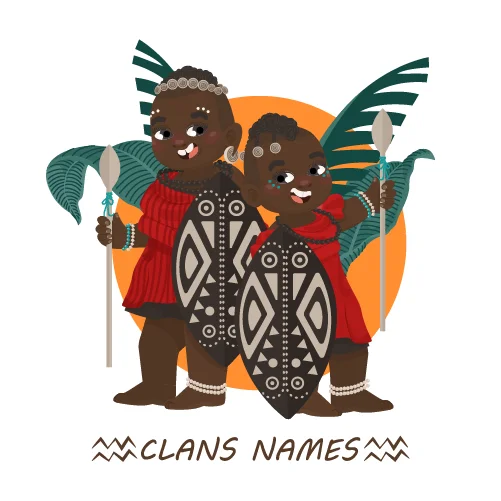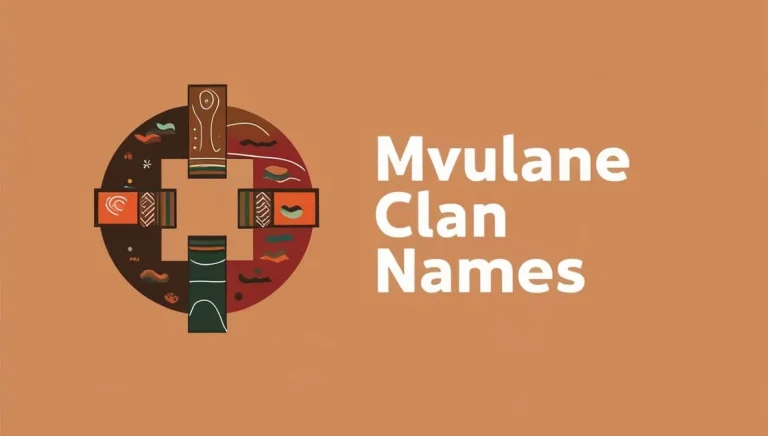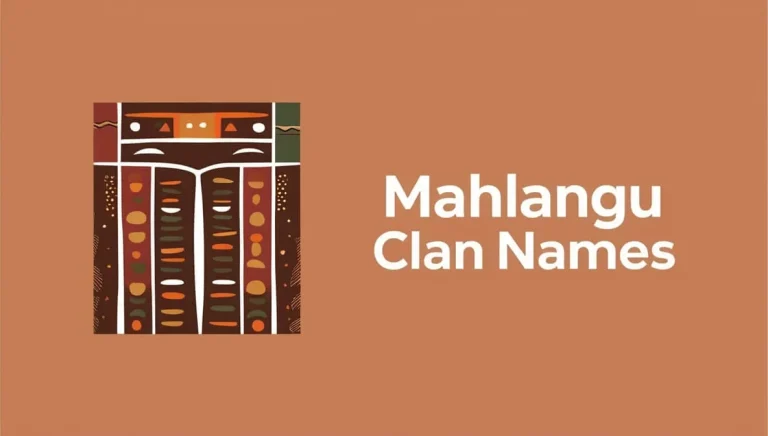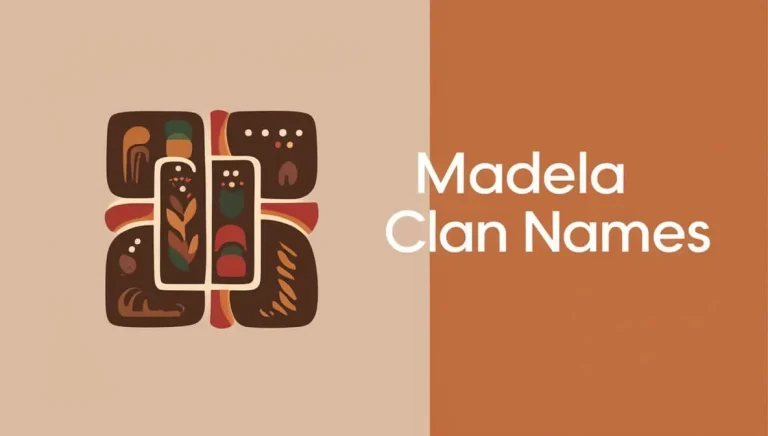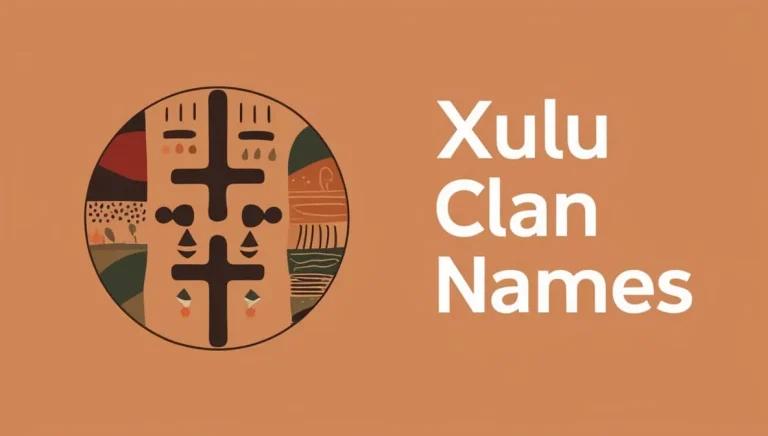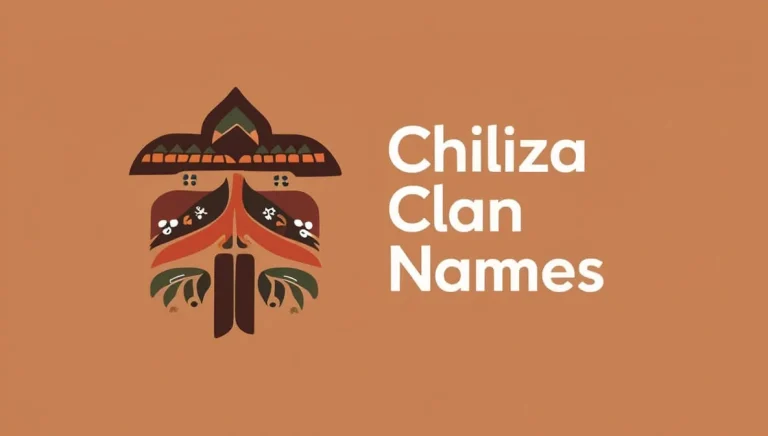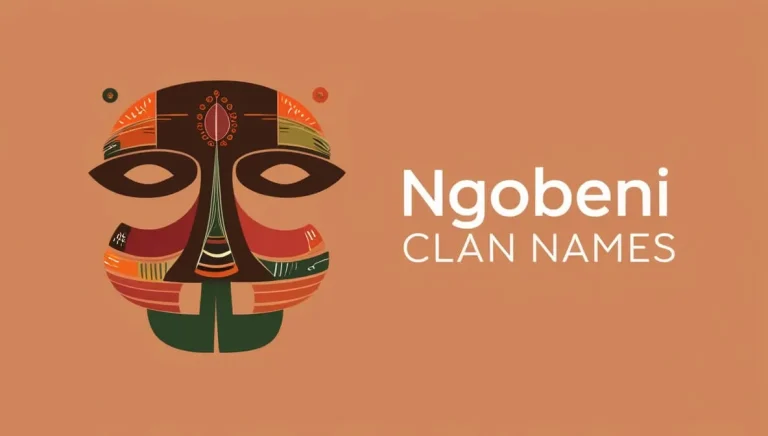Izithakazelo zakwa Mpofana Clan Names History and Origin
The Zulu clan is one of the largest ethnic groups in South Africa, numbering 10-12 million individuals. Their culture is vibrant and captivating, and you can gain more information by researching historical records.
These records can provide valuable insight into your family history. They can provide details such as where your ancestors lived, their occupation, and other relevant details that will provide greater understanding about them and provide valuable knowledge of where they lived or what they did for a living.
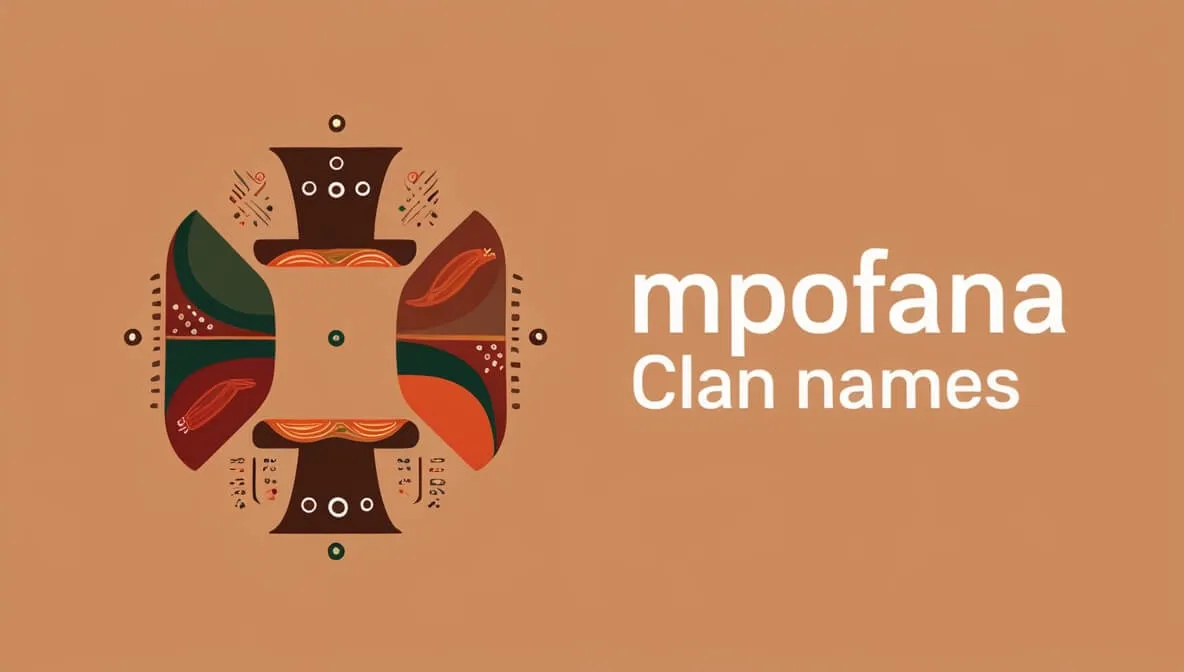
Mpofana Clan Names
- Mpofana
- Magwaza
- Sibisi
- Mlotshwa
- Ngwane
- Sokhabase
- Mthalane
- Manzini
Mpofana Municipality
Mpofana Municipality lies just west of Pietermaritzburg and is comprised of three municipalities: uMngeni in the south, uMshwathi in the east and Impendle in the west. With access to rail and road infrastructure, its land is predominantly dedicated to rural farming with cattle production as a focus as well as dairying and polo activities.
As part of its efforts to drive economic development in the region, the municipality has also prioritized tourism promotion as an economic development strategy. Major projects include upgrading a tourist centre and investing in cultural villages. Furthermore, Gongola Wilderness Reserve development is another aim.
Mpofana’s leadership structure is based on a hybrid model consisting of five councillors elected via first-past-the-post voting in five wards and five elected as proportional representatives for political parties. The council is chaired by its mayor. Portfolio committees meet regularly and make recommendations directly to full council.
Dube-Ncube reported that councillors had become bogged down in infighting that prevented them from making executive decisions. She advised a provincial team was sent in to assess and report back to Cabinet on this situation.
Mpofana council will remain under administration until new elections take place to replace current members, giving its new administration time to set priorities and focus on service delivery.
Mpofana Town
Mpofana, located approximately 40km west of Pietermaritzburg in KwaZulu-Natal, is bordered by three municipalities – uMngeni in the south, uMshwathi in the east, and Impendle in the west.
Which share its name from Mpofana River which means Place of Eland in Zulu. This river forms the backdrop to farming activities mainly related to cattle, dairy cows, stud farms as well as cultivation of potatoes / cash crops in these regions.
Mpofana municipality strives to become an economically and environmentally vibrant municipality that offers employment opportunities to all its residents while remaining an affordable place to live and a competitive destination for investment and tourism.
They will accomplish this goal through implementation of cost-effective, sustainable strategies tailored specifically towards customer satisfaction.
Mpofana Municipality is currently facing challenges that range from unsustainable debt levels and lack of revenue, as well as inadequate equitable shares barely covering staff salaries. Once these issues are addressed, service delivery should resume to normal.
Mayor Maureen Magubane along with her manager Max Moyo and IDP manager Mtshezi Mkhize have spoken to The Witness about these concerns and their plans to address them.
Mpofana, a category B municipality, is administered by an 11-member council made up of 5 first-past-the-post candidates elected from each ward and 5 from political parties chosen through proportional representation system.
Mpofana Village
Mpofana Village lies along the Mooi River, and features an ancient mill. Now used as a restaurant and accommodation establishment called Caversham Mill, its original wood & iron buildings from industrial days remain in excellent condition.
Meanwhile, nearby Giants Castle sits majestically among mountainous terrain to the west, while rolling hills and grassland lead towards Middelrus in the northwest for scenic thornveld experiences in its vicinity.
Mpofana enjoys an ideal location with easy access to rail and road infrastructure. Both the national highway N3 – linking Durban with Gauteng – as well as its electrified railway line from Durban to Johannesburg run through Mpofana’s municipal area, as does Mooi River village which lies approximately 40km west of Pietermaritzburg.
Mpofana is a rural area dedicated to livestock, dairy and stud farming as well as potato production and cash crops production.
Additionally, rural tourism could benefit greatly given the picturesque setting near Drakensberg mountains and potential tourism potential of its beautiful setting. Mooi River Valley was historically important trade route that hosted many early trading posts.
Today this district also hosts major coal mines owned by Natal Coke and Smelting Company (NCS), sold off to British American Tobacco in 2006. Since 2006, mining operations have been decommissioned and new hotel and conference centres have opened here – with potential rural tourism potential in mind!
Mpofana Rural
Mpofana Rural local municipality lies to the west of Pietermaritzburg and is bordered by three municipalities: uMngeni, uMshwathi and Impendle.
As its name implies, this predominantly rural area holds immense potential for farming activities with agricultural products destined for international markets.
Mpofana Rural is home to four major tribes: Chunus, Tembus, Bomvus and the Majozi or Amaqamu. Of these four, Chunus and Tembus represent pure Ntungwa Nguni bloodlines while Bomvus include both Nguni and Zulu elements. Furthermore, Sir Theophilus Shepstone amalgamated various tribal fragments into one new tribe called Majozi in 1869.
Nodada, presiding chief of the Tembus clan in Natal, married into the Sithole people and his heirs included Ngqarobuzana of Bomvus and Silwane from Chunus.
At that time, Tembus were one of the most powerful tribes within Natal, often becoming embroiled in boundary disputes with almost all other tribes in Natal.
These general land issues in and outside of Bushbuckridge Reserve gave rise to intertribal warfare that eventually evolved into self-help practices. Warfare also gave birth to the concept of unburied warriors (mpfhukwa).
According to legend, this spirit could haunt those responsible for deaths and be invoked at times of need or even to cause road accidents – Moses Ndlovu, a taxi driver working late 1980s Bushbuckridge claimed that once saw an apparition crossing the road at night. After hooting twice unsuccessfully at being asked, Ndlovu hooted twice but nothing moved.
